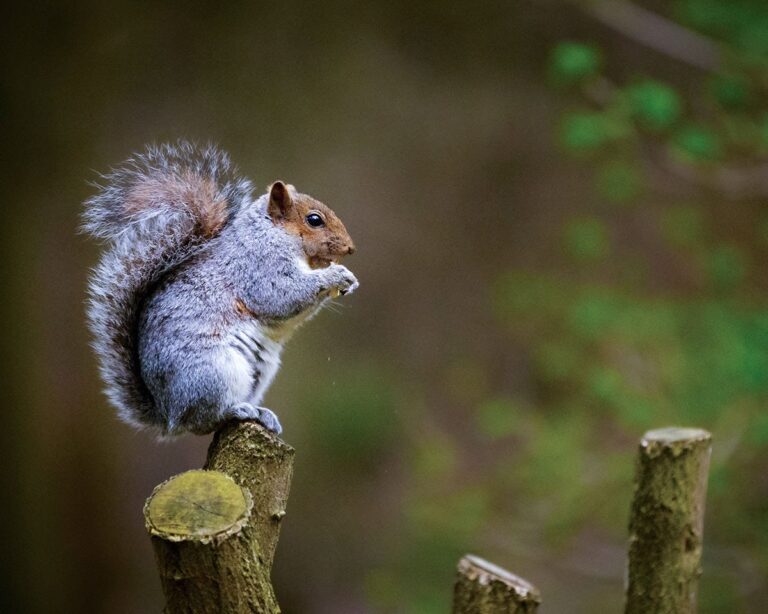tomber des cordes
“Tomber des cordes” is a French expression that means “to be raining cats and dogs” or to rain very heavily. Literally, it means “to fall some ropes.” The saying dates back to the end of the 17th century. This idiom has variants such as “pleuvoir des cordes” (to rain ropes) and “tomber des hallebardes” (to…









